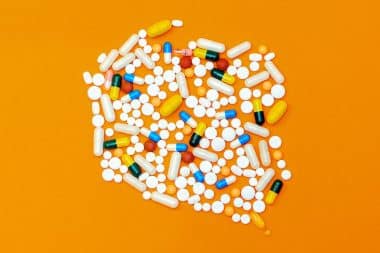We have to thank to the Old World invaders and conquerors for the world distribution of many plants and animals. Columbus discovered papaya when he came to ‘India’ and since then papaya conquered more worlds than the Spanish conquistadors. And for a good reason. Papaya is cheap, delicious and nutritious food, grows in all tropical regions without any fuss, both fruits and leaves are used as food and as herbal medicine. Modern scientists are just now discovering what many native peoples have known for thousands of years – papaya is a nutritional powerhouse.
What is in papaya?
Papaya is rich in vitamins A, B, C, K, provitamin A carotenoids, fiber, lycopene, dietary minerals and natural phenols. Papaya is also very low in calories, what makes it an excellent addition to any weight loss diet.
Papaya is juicy and delicious eaten ripe and raw, but it can be eaten green, in many dishes, from salads to stews. Adding a few cubes of papaya to a smoothie will introduce not only its specific flavor but dietary fiber and lovely color. Peel and seeds are edible too.
Health benefits
Native peoples of various tropical countries have known of many health benefits of papaya and have been using the fruit for a number of health issues, from healing wounds to preventing or ending pregnancies. While scientists are looking into all those claims, including papaya’s antibacterial properties, the most interest is caused by papaya’s anti-tumor effect. A group of Japanese scientists and their colleague from the University of Florida documented that extract of papaya leaves shows powerful anti-tumor effect.
Scientists found that papaya’s extract has dramatic effect against a huge range of tumors, including cancers of the breast, cervix, liver, pancreas and lung. This effect is caused by papaya’s boosting the production of molecules Th1-type cytokines. In addition to papaya’s anti-tumor effect, papaya also boosts the immune system, suggesting possible use of the immune system’s power to fight cancers.
No toxicity
Scientists, who published their findings in the Journal of Ethnopharmacology, did not note any toxic effects of papaya extract on normal cells. That would mean that any potential anti-cancer drug made of papaya would not have horrible consequences on patients many other cancer drugs have.
Since the original research was conducted in-vitro, the next step is to replicate the promising results first in animal and then in human studies and to identify which papaya’s compound is responsible for the effect on cancer cells.






Reply